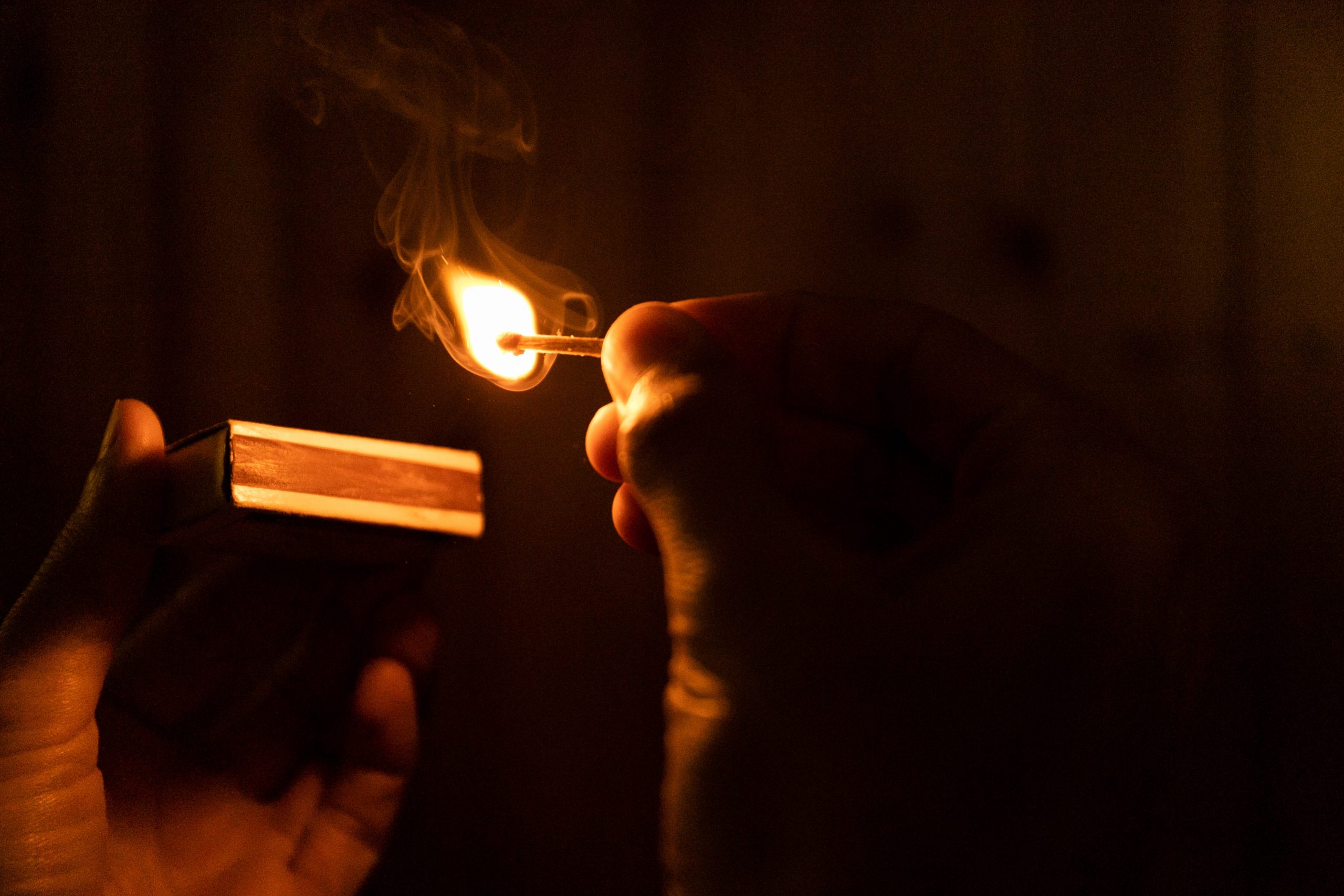Share This Article
What is Arson?
According to the Australian Institute of Criminology, arson is the act of intentionally and maliciously destroying or damaging property through the use of fire.
There are 4 elements within this including actual lighting of a fire, intention to start a fire, malice and that a property or object has been impacted by the fire.
Arson Offences and Penalties in New South Wales
Arson offences in NSW falls under legislation involving the destruction of property. This is essentially covered under sections 195, and 203E of the Crimes Act 1900 (NSW), and section 100 of the Rural Fires Act 1997 (NSW).
The main criminal offence in relation to this is destroying or damaging property by fire is under section 195(1)(b) of the Crimes Act 1900. Under this offence, an individual who intentionally or recklessly destroys or damages property belonging to another or to that person and another is liable to 10 years imprisonment if the destruction or damage is caused by means of fire or explosives.
Further, if a person in the company of another person or persons, intentionally or recklessly destroys or damages property belonging to another or to that person and another is liable to imprisonment for 11 years, where damage or destruction occurs because of a fire or use of explosives.
Imprisonment for 12 years is prescribed if an individual intentionally or recklessly destroys or damages property belonging to another or to that person using fire or explosives during a public disorder.
Other Charges and penalties related to Arson:
- Under Section 196, destroying or damaging property with intent to injure a person by means of fire or explosives holds a penalty of 14 years imprisonment and a penalty of 16 years for this offence during a public disorder.
- Under Section 197, dishonestly destroying or damaging property attracts up to 14 years imprisonment and 16 years for this offence during a public disorder where the individual attempted to make a gain for themselves or another.
- The most severe penalty is found under Section 198, where a person who destroys or damages property, intending by the destruction or damage to endanger the life of another, is liable to imprisonment for 25 years.
- If a life is lost due to this the individual may be charged with severe crimes such as manslaughter.
Causing a bushfire in NSW
If you cause a bushfire in NSW, you can be criminally prosecuted and face severe penalties.
The legislation for this is found under section 203E of the Crimes Act 1900.
Where a person who intentionally causes a fire, and who is reckless as to the spread of the fire to vegetation or any public land or on land belonging to another will be found guilty of this offence and may face the maximum penalty of 21 years imprisonment.
What Happens If You Are a Firefighter?
You will not be found criminally responsible for this offence if you are a firefighter or acting under the direction of a firefighter.
A firefighter who causes fire in the course of bushfire fighting or hazard reduction operations, will not be guilty of an offence of arson in New South Wales.
However, a firefighter, can be found guilty of arson-related offences under section 100(1) of the Rural Fires Act 1997 for causing a fire without lawful authority.
This can entail imprisonment for 5 years if a person is without lawful authority.
- sets fire or causes fire to be set to the land or property of another person, the Crown, or any public authority, or
- being the owner or occupier of any land, permits a fire to escape from that land under such circumstances as to cause or be likely to cause injury or damage to the person, land or property of another person or the land or property of the Crown or a public authority.
Aggravating factors such as fire bans in the area in which the fire occurred may also be taken into account and incur more severe penalties of up to 7 years.
By Alyssa Maschemdt.
Book a Lawyer Online
Make a booking to arrange a free consult today.
Call For Free Consultation
Call Now to Speak To a Criminal Defence Lawyer
Over 40 Years Combined Experience
Proven SuccessAustralia-Wide
Experienced LawyerGuarantee
 (02) 8606 2218
(02) 8606 2218
 (02) 8606 2218
(02) 8606 2218














